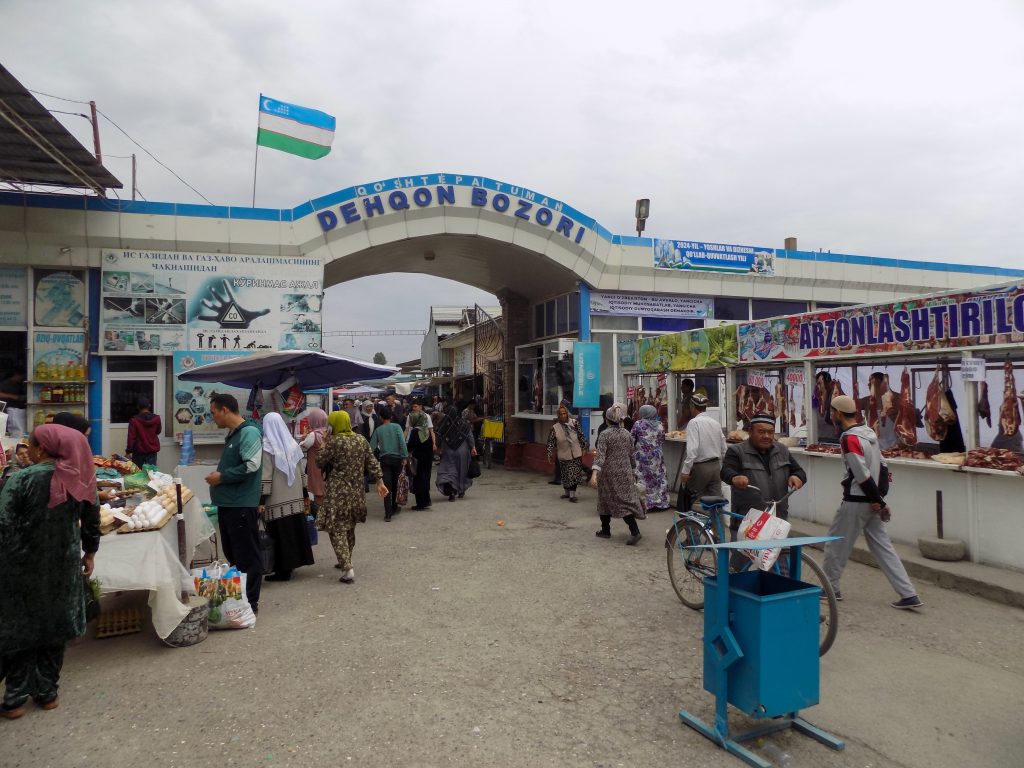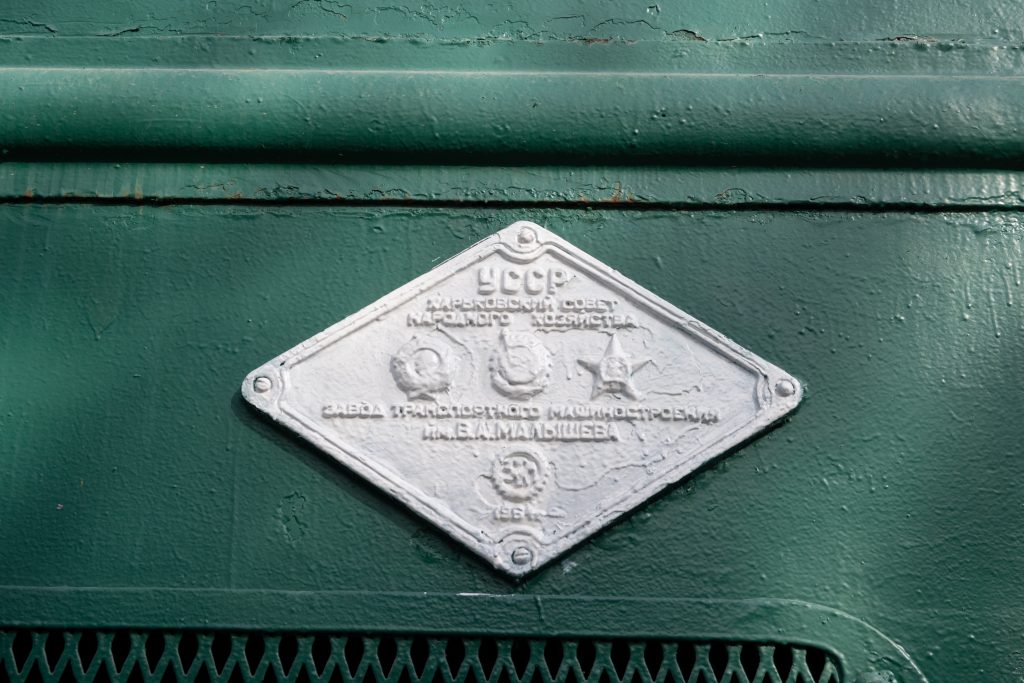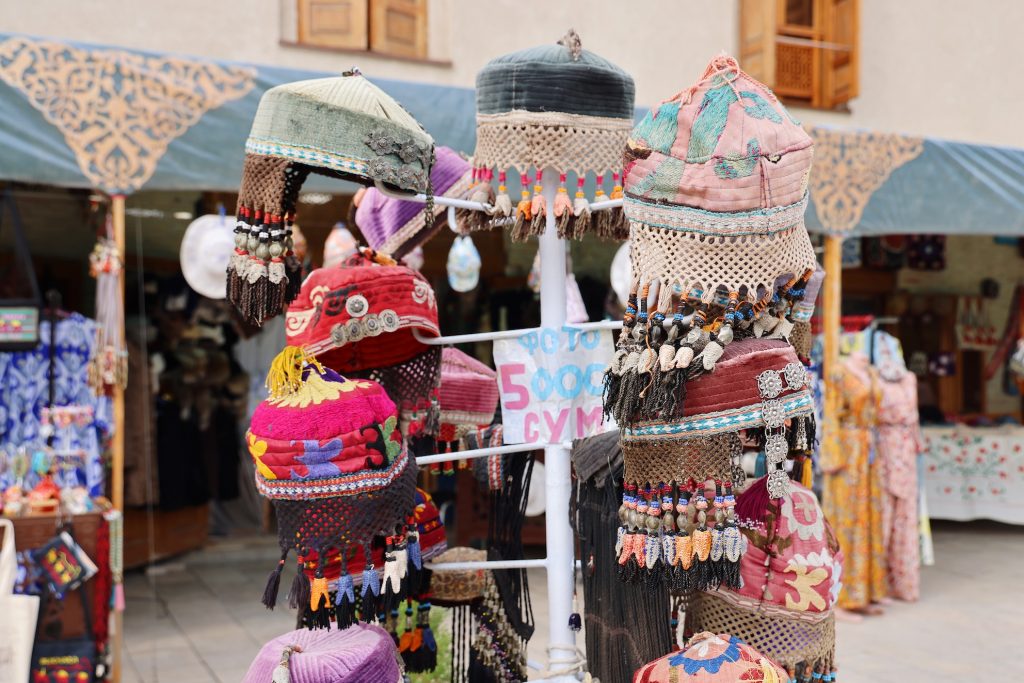Uzbekistan is one of the world’s most captivating countries. Located in the heart of Central Asia, it is known for its ancient cities, vibrant culture, and Silk Road history.
The nation’s unique mix of Persian, Russian, and Turkic influences makes it a fascinating destination. However, like anywhere, learning a few words of the regional language will enhance your experience. The Uzbek language shares many similarities with other Turkic languages, yet with its own nuances, making it interesting to pick up during your travels.
Regardless of the purpose of your trip, from exploring Samarkand, Bukhara, and Khiva, or wandering through the bazaars of Tashkent and the Ferghana, here’s an Uzbekistan language guide to help you get started!

Table of Contents
What Do They Speak in Uzbekistan?
Unsurprisingly, Uzbek is the official language of Uzbekistan. As a member of the Turkic language family, it is closely related to Uyghur and similar to Turkish and Kazakh. Besides Russian, Uzbek is the most spoken language in the former Soviet Central Asia.
While Uzbek is now officially written in the Latin script, many people still use Cyrillic, especially the older generations. Russian is also widely spoken, particularly in urban areas and among educated people. Even rudimentary Russian will be very useful, especially if you’re travelling across the region.


Uzbek has several dialects, which vary depending on the area. Standard Uzbek is based on the Tashkent dialect, which can be understood by most. However, Tajik (Persian) is also spoken by many in the country, and it is the first language of those who live in Samarkand and Bukhara. Karakalpak is the official language of the autonomous Republic of Karakalpakstan and is closely related to Kazakh.
So, How Do You Say Hello in Uzbek?
Quite simply, “Salom!” This Uzbek greeting means “hello” and is simple and widely used. However, you’ve likely seen it before, as it’s used when meeting people across Central Asia and in the Muslim world more widely.
Like many Islamic greetings, it originates from the Arabic word for peace. You’ll hear different variations, but “Salom” is a friendly, all-purpose way to start a conversation.
How Much English is Spoken in Uzbekistan?
English is increasingly popular, especially among young people and those working in tourism, but it’s still rare outside of major cities like Tashkent, Samarkand, and Bukhara.
Russian is commonly spoken, so knowing some Russian or basic Uzbek will go a long way in helping you navigate. Uzbek people are incredibly warm and hospitable, and they’ll appreciate any effort you make to speak their language. However, if you cannot speak Uzbek, then Russian is your best bet ahead of English, especially if you are visiting other countries in Central Asia.
What is the Uzbek Language Written In?
Okay, so this question has a long answer!
Although Uzbekistan officially uses the Latin script for Uzbek, many older signs, documents, and publications are still in Cyrillic, a legacy of the Soviet Union. In the 1990s, Uzbekistan began the transition from Cyrillic to Latin, yet this process is still ongoing.

Generally, those in Tashkent and the younger generations, as well as government sources, prefer Latin, while everyone else uses Cyrillic. Learning the Cyrillic alphabet – useful for travels across the former Soviet Union – is not as tricky for English speakers as you may think. It’s certainly worth the effort if you plan to travel around Uzbekistan extensively.
The Uzbek Latin alphabet has 29 letters – with its straightforward pronunciation, it’s easy for English speakers to pick up. However, even in the new Latin alphabet, there are still some similarities to Cyrillic. The Uzbek “x,” for example, is pronounced as “kh,” as it is in Russian.
If you are struggling to tell the difference between Russian and Uzbek Cyrillic, then look out for the distinctive letters not used in Russian. Ҳ (a throaty “ha” sound), Ў (a long “u”) and Қ (a hard “q”) are the ones that you are most likely to notice.
What are some Uzbekistan Language Essentials?
Here are a few phrases to make your trip to Uzbekistan smoother and more enjoyable:
- Hello: Salom – a friendly and frequently used greeting. However, it is slightly informal. To greet elders or in more professional settings, you can use the full greeting “As-salaam alaykum.” (peace be with you) It is a respectful, common phrase across the Islamic world.
- Goodbye: Xayr – a simple farewell that can be used for all types of people.
- Thank you: Rahmat – this is a great way to show appreciation, it’s also a common word across Central Asia. Uzbeks use it a lot, so use it liberally!
- Yes: Ha and No: Yo’q – basic responses useful in everyday conversations.
- How much does this cost? Bu qancha turadi? – Uzbekistan has a huge market culture, and you will be expected to haggle. Therefore, this will be a helpful phrase for negotiating in the bazaars!
- Where is the toilet? Tualet qayerda? This is an (obviously) important phrase to know anywhere in the world.
Counting in Uzbek
Knowing how to count is useful in any language, so here are the numbers 1 to 10 in Uzbek:
1. Bir
2. Ikki
3. Uch
4. To’rt
5. Besh
6. Olti
7. Yetti
8. Sakkiz
9. To’qqiz
10. O’n
If you want to practice, then Uzbek numbers are printed on all of the country’s banknotes. However, given that $1 is around 12,000 Uzbek Sum, you might end up learning some much bigger numbers!
Uzbek Slang and Expressions
There aren’t many slang words used that are uniquely “Uzbek” – most of them come from Russia. However, there are a few casual words and phrases that you can learn:
- Qoyil – a common way to say “cool” or “amazing.”
- Zo’r – another way to express that something is “awesome” or “great.”
- Yomon emas – means “not bad,” used to say something is okay or decent.
- Ajoyib – translating as “wonderful” or “excellent,” it’s used to express excitement or praise.
Uzbek slang can vary by region, but these are widely understood, especially among younger people in cities like Tashkent.
Ready to start practicing your Uzbek?
Uzbeks are renowned for their warm hospitality, and even a few words in their language will go a long way in making your experience memorable.
Ready to begin your Uzbek adventure? We run regular group trips to the country and can also help with planning the private trip of your dreams. Check out our Uzbekistan country page or drop us an email if you have any questions!





